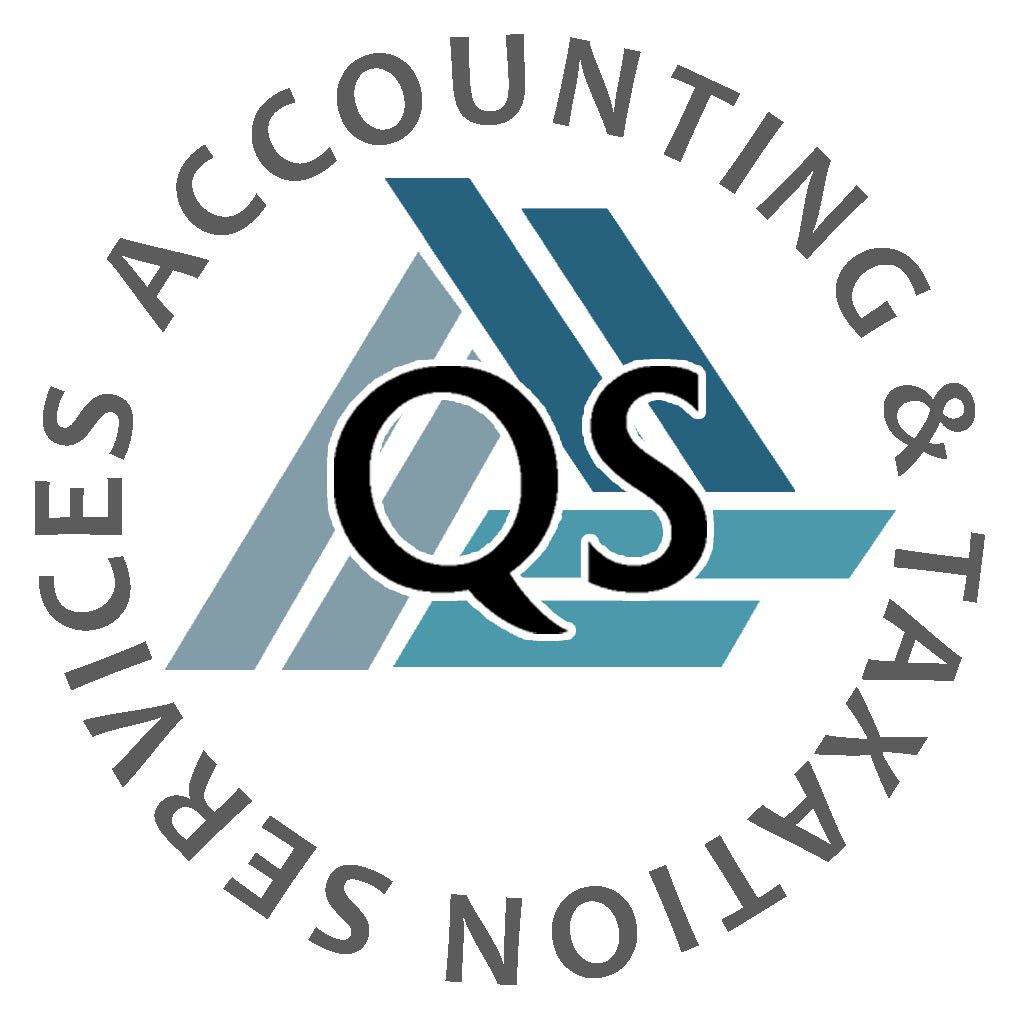Choosing the right accounting method is a critical decision for any business owner. The two primary methods are Cash-Basis and Accrual-Basis accounting. While it might sound technical, the choice impacts how you view your profitability and financial health.
Let’s break down the difference:
-
How it works: You record revenue when you receive cash and expenses when you pay them.
-
Example: You complete a $1,000 project in March but don’t get paid until April. Under the cash method, that income is recorded in April.
-
Best for: Very small businesses and sole proprietors without inventory. It’s simple and easy to understand.
Accrual-Basis Accounting
-
How it works: You record revenue when you earn it (invoice) and expenses when you incur them (receive the bill), regardless of when cash changes hands.
-
Example: You complete that $1,000 project in March and send an invoice. You record the $1,000 as revenue in March, even if you get paid in April.
-
Best for: Growing businesses, companies with inventory, or those that extend credit to customers. It provides a more accurate long-term picture of profitability.
Which One Should You Choose?
The cash method is simpler, but the accrual method gives you a better understanding of your business’s true financial performance over time. The IRS also has rules about which method you can use based on your business structure and sales.
The Bottom Line:
If you’re just starting out, cash-basis might be sufficient. But if you’re planning to grow, seek funding, or need a precise financial picture, accrual accounting is the way to go.
Unsure which path is best for you? The team at QS Accounting can assess your business needs and help you set up the right system from the start.


